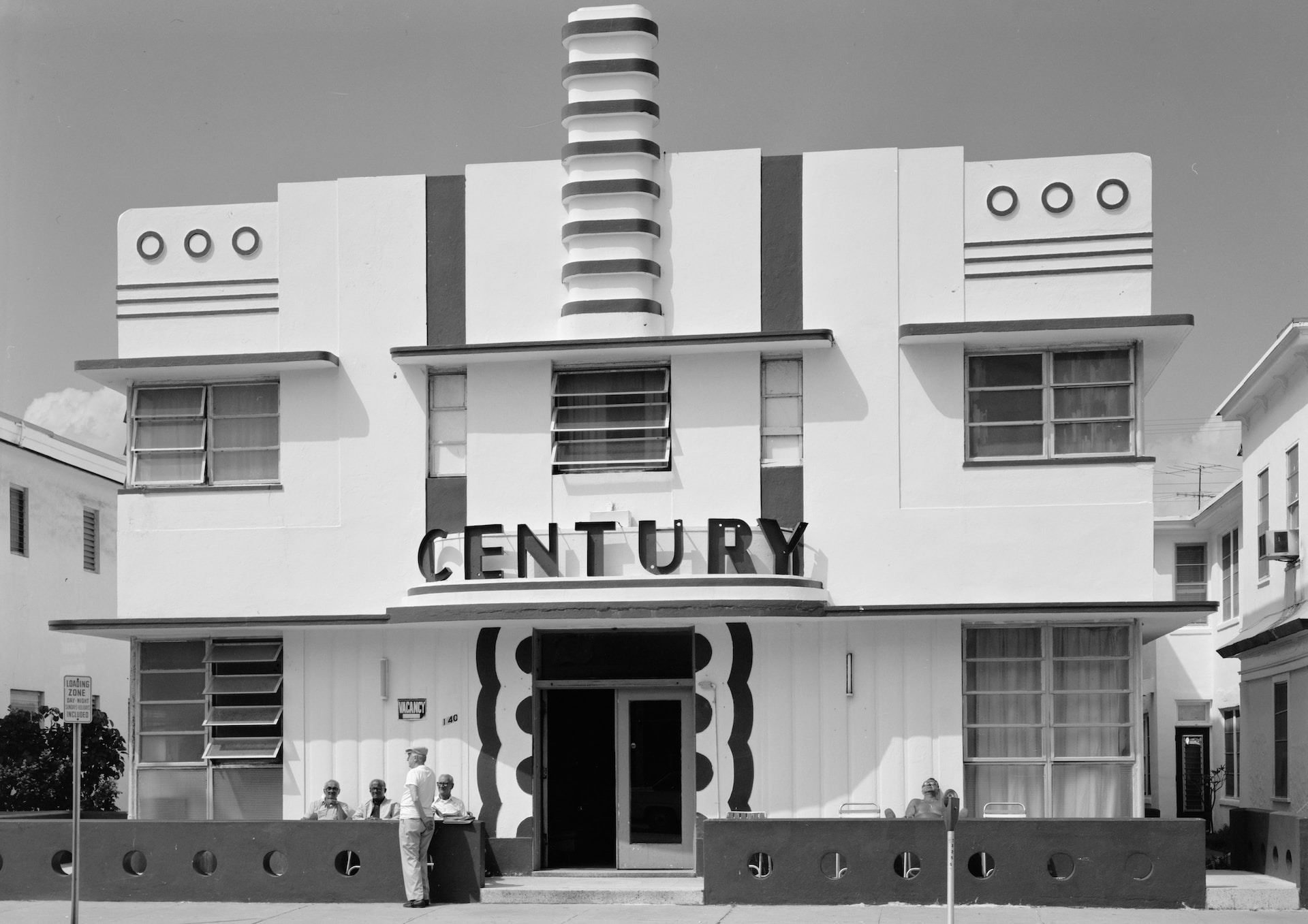Cypress Development Corp (CYP) - The Chloride Path to Lithium Carbonate

- Introduction and Background: Cypress Development Corp, led by CEO Bill Willoughby, is working on the Clayton Valley lithium project in Nevada. Their objective is to extract lithium from clay, aiming to develop a domestic U.S source of lithium catering to the EV and battery market.
- Project Location and Infrastructure: The Clayton Valley project is located between Reno and Las Vegas, with additional facilities near Tonopah airport and a pilot plant in Amargosa Valley. The pilot plant has been operational for about a year, focusing on the Chlor-alkaline Leach process for lithium extraction.
- Extraction Process: The process involves using a leech mechanism on the clay material that contains lithium. After tailing separation, they utilize a Direct Lithium Extraction (DLE) process based on ion exchange. This process concentrates the lithium, followed by evaporation crystallization to create lithium carbonate.
- Development Timeline: Cypress initiated the project in 2016, with the first drill holes introduced in February 2017. After preliminary tests and evaluations, they completed a pre-feasibility study in 2021 during the pandemic.
- Industry Perspective: Lithium extraction from clay is relatively new, with no producing mines in this domain yet. The primary challenge is extracting the lithium efficiently from the clay. If combined, the resources in Nevada could make the state one of the largest sources of lithium, trailing only Bolivia and Argentina.
Poised to Become First Domestic Clay-to-Carbonate Producer
Cypress Development Corp (CYP) is advancing an innovative lithium extraction process for its Clayton Valley Lithium Project in Nevada. This project has the potential to provide the United States with a secure domestic supply of lithium, a critical mineral for EV batteries and energy storage. With lithium demand rapidly rising, Cypress Development could become the first U.S. producer of lithium compounds from clay resources. The Clayton Valley Lithium Project is strategically located in the heart of Nevada's lithium district, midway between Reno and Las Vegas. This gives Cypress close proximity to key infrastructure needed for mining operations, including access to the power grid, water, and transportation routes.
The project area encompasses 6,500 acres adjacent to Albemarle's Silver Peak lithium brine operation, the only producing lithium mine in the U.S. Since acquiring the core claims in 2016, Cypress has advanced the project through resource estimation, mine planning, process testing, and feasibility studies.
Large Lithium Resource Amenable to Acid Leaching
Cypress has outlined a substantial lithium resource at Clayton Valley, estimated at 3.835 million tonnes LCE (lithium carbonate equivalent) measured and indicated. The deposit consists of lithium-bearing claystones, largely hectorite and montmorillonite, hosting lithium at an average grade of 1,122 ppm.
Metallurgical studies have shown that the lithium can be efficiently extracted from the clays using a straightforward leaching process. Sulphuric acid leaching was initially tested, but Cypress has now optimized a leach process using hydrochloric acid, which achieves better clay particle settlement.
Proprietary Chlor-Alkali Leach Process
Cypress has developed an innovative "chlor-alkali" leach process, designed specifically to leverage the chloride-rich brines available locally in Clayton Valley. This process uses salt from the brines to produce hydrochloric acid and sodium hydroxide on site via electrolysis.
The hydrochloric acid provides the leaching agent to extract lithium from the clays. The sodium hydroxide serves as a neutralizing agent. Avoiding sulphuric acid prevents the need for costly sulphur handling. The chlor-alkali process also has a much lower carbon footprint.
Cypress has operated a demonstration plant for over a year to test and optimize this process flowsheet. High lithium recoveries of 80-85% have been achieved during piloting. The company can now produce battery-grade lithium carbonate.
Clear Pathway to Lithium Carbonate Production
With its proprietary leach process de-risked, Cypress has a clear path forward to build and operate a commercial lithium mine. The company is on track to complete a full feasibility study in early 2023. This will firm up capital and operating costs for the project.
Key areas of focus are finalizing the process plant and chlor-alkali plant designs and sourcing long-lead equipment items. On the permitting side, baseline environmental studies have been completed and Cypress is preparing its Plan of Operations to initiate the federal mine permitting process.
The Clayton Valley project benefits from having most of the needed infrastructure already in place, including grid power and water supply. Cypress has secured water rights that will be sufficient for its targeted production scale.
The first production of lithium compounds could potentially be achieved at Clayton Valley within 2-3 years. The initial phase is planned to produce 15,000 tonnes per year LCE, with the potential to expand output.
Timing is Right to Capture Growth in Lithium Demand
With accelerating growth in lithium-ion batteries and EVs, demand for lithium is projected to rise 5 to 10 times by 2030. This creates an exceptional opportunity for new sources of domestic lithium production like Cypress Development's Clayton Valley project.
The U.S. currently relies on imports for over 80% of lithium consumption. Cypress could help provide greater lithium security through its made-in-America production. Location in Nevada, the country's top state for lithium resources, further enhances the project's strategic value.
Major investments in the electric vehicle supply chain by automakers will require reliable lithium sources close to future battery factories in the U.S. Cypress is well-positioned to capitalize on this trend and play a key role in establishing a domestic lithium supply chain.
In Summary, a Potential Source of Secure U.S. Lithium
With its innovative leaching process optimized to leverage the advantages of its Nevada location, Cypress Development has de-risked a commercially viable pathway to potentially become the first U.S. lithium producer from clay resources.
The Clayton Valley Lithium Project's scale, high margins promised by the process design, and strategic location make this an appealing investment opportunity. Successful commercialization by Cypress would help provide the U.S. with a secure domestic supply of lithium to support growth in EV batteries and energy storage.
The Investment Thesis for Cypress Development
Clayton Valley Lithium Project could be a good investment opportunity:
Firstly, the project's location in Nevada provides strategic access to infrastructure in a top lithium-producing state. The Clayton Valley is firmly established as a lithium hub, giving Cypress proximity to a skilled workforce, suppliers, and the Albemarle operation. This should help reduce execution risk.
Secondly, Cypress has developed an innovative proprietary process that unlocks the value of lithium-bearing clays. The chlor-alkali leach process is a potential game-changer, allowing low-cost production of lithium compounds from Nevada's widespread clay deposits.
Thirdly, the company is moving rapidly to commercialization, with feasibility studies underway and permitting progressing. The technical risk appears low, given the successful piloting of the process flowsheet. The first production could potentially be achieved within 2-3 years.
Additionally, the size of the resource (3.8Mt LCE) provides scope to support a long mine life. The deposit likely extends beyond the known area. There is expansion potential to increase production beyond the initial 15,000 tpa LCE.
Finally, lithium demand is projected to grow exponentially with the EV revolution. Cypress is well-positioned to ride this wave and capture growth as a new domestic lithium producer. Timing-wise this looks fortuitous. With a rising deficit in lithium supply, successful commercialization should allow Cypress to benefit from high lithium prices over the next decade. At the same time, it would be fulfilling a strategic U.S. need for increased domestic lithium production.
Cypress Development offers investors upside potential from being an early mover in U.S. lithium production, just as demand is poised for massive growth. The Clayton Valley Lithium Project checks many boxes in terms of a compelling near-term lithium investment.
Analyst's Notes




Subscribe to Our Channel
Stay Informed













